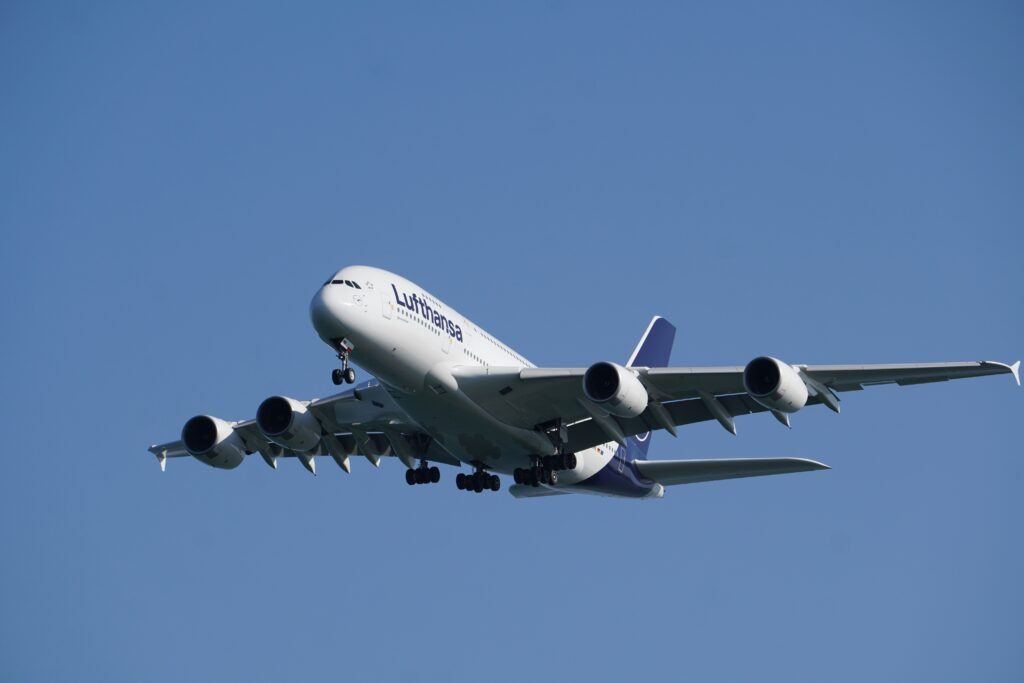
Introduction to Airbus Innovations
Airbus, a prominent name in the aerospace industry, has established itself as a leader in the design, manufacturing, and commercialization of commercial aircraft. Founded in 1970, the company has consistently pushed the boundaries of aerospace technology, striving to create safer, more efficient, and environmentally friendly aviation solutions. With headquarters in Toulouse, France, Airbus has become synonymous with innovation through its extensive range of aircraft spanning from single-aisle to wide-body and regional jets.
Central to Airbus’s mission is its unwavering commitment to research and development. This dedication has led to significant advancements in both aerodynamics and materials science, enabling the production of aircraft that not only meet but exceed the expectations of airlines and passengers alike. Airbus continually seeks to enhance aircraft performance and operational efficiency, ensuring that its innovations are aligned with the growing demands of the aviation sector.
Key innovations that have emerged from Airbus include the use of composite materials to reduce weight, advanced aerodynamics to improve fuel efficiency, and cutting-edge avionics systems to enhance operational capabilities. The introduction of the A350 and A320neo families has been particularly pivotal, showcasing the company’s proactive approach to sustainability through reduced fuel consumption and lower emissions.
Moreover, Airbus actively engages in partnerships and collaborations with various stakeholders, including universities and research institutions, to foster a culture of innovation that transcends traditional boundaries. The integration of data analytics and artificial intelligence within aircraft systems further underlines Airbus’s commitment to modernizing aviation, presenting an exciting future for the industry.
In conclusion, Airbus remains at the forefront of aviation technology, with a persistent focus on innovation that aims to transform how we travel. As the company continues to develop new technologies and sustainable solutions, its legacy as a pioneer in aerospace will undoubtedly endure.
Fly-By-Wire Control Systems
Fly-by-wire technology represents a significant advancement in modern aviation, particularly in the design and operation of Airbus airplanes. This system utilizes electronic controls to interpret pilot inputs and manage the aircraft’s flight control surfaces, thereby replacing the traditional mechanical linkages found in older aircraft models. The evolution from manual controls to electronic systems not only enhances the overall functionality of the aircraft but also offers numerous advantages that improve both safety and performance.
One of the most notable benefits of fly-by-wire systems is the enhancement of safety. The technology incorporates various redundancy protocols that ensure the integrity of the flight control signals. If one component fails, the system can seamlessly switch to a backup, which significantly reduces the likelihood of catastrophic incidents. Additionally, fly-by-wire systems are programmed to include envelope protection features, which help prevent pilots from exceeding critical flight parameters. This safety net serves as a critical advantage over traditional manual systems, where human error can lead to mishaps.
Another vital advantage of this technology is the reduction of pilot workload. Fly-by-wire systems allow pilots to focus more on strategic decision-making rather than being consumed by intricate control processes. The automatic stabilization and flight envelope protection features mitigate the physical demands placed on pilots, particularly in challenging weather conditions or during complex flight maneuvers. As a result, the crew can maintain better situational awareness, contributing to a more efficient and safe flying experience.
Furthermore, fly-by-wire technology enhances maneuverability by providing precise control over the aircraft’s movements. The system allows for quicker and more accurate responses to pilot inputs, resulting in smoother handling characteristics. This level of responsiveness is particularly beneficial during takeoff and landing phases, critical points in any flight where precision is essential. Overall, the integration of fly-by-wire control systems in Airbus airplanes epitomizes a technological leap, strategically aligning safety, efficiency, and performance..
Advanced Materials and Structures
Airbus has consistently been at the forefront of aviation innovation, particularly in the utilization of advanced materials and structures. A significant advancement in this realm is the incorporation of carbon-fiber reinforced polymer (CFRP) in their aircraft manufacturing processes. This innovative material offers a remarkable strength-to-weight ratio, which is pivotal in reducing the overall weight of the airframe. With a lighter airframe, Airbus airplanes can attain higher fuel efficiency, leading to lower operational costs and reduced environmental impact.
The shift towards using CFRP and similar materials in aircraft design marks a paradigm shift in aerospace engineering. Unlike traditional materials such as aluminum, CFRP not only reduces weight but also enhances structural integrity, providing increased resistance to fatigue and corrosion. Consequently, aircraft constructed with these advanced materials exhibit improved durability and longevity, making them more reliable for airlines and passengers alike.
Moreover, the integration of advanced materials supports innovative aerodynamic designs. For instance, the ability to mold CFRP into complex shapes allows engineers to create more streamlined aircraft, further optimizing fuel consumption during flight. This focus on performance is evident in models such as the Airbus A350, where up to 53% of the airframe is made from composite materials. By prioritizing the adoption of lightweight and durable materials, Airbus is enhancing not only performance metrics but also the overall flying experience.
In conclusion, the shift towards advanced materials like carbon-fiber reinforced polymer in Airbus airplanes significantly contributes to the aviation industry’s progression towards more efficient and environmentally friendly flight solutions. This focus on material innovation underlines Airbus’s commitment to pushing the boundaries of what is possible in commercial aviation.
Eco-Friendly Technologies
In recent years, Airbus has taken significant strides towards integrating eco-friendly technologies into its aircraft designs, reflecting a deep commitment to environmental sustainability. One of the most notable advancements in this domain is the development of hybrid-electric propulsion systems. These cutting-edge systems offer the potential to lower greenhouse gas emissions significantly when compared to conventional aviation engines. By combining traditional fuel-based engines with electric propulsion, Airbus aims to harness the efficiency of both systems, optimizing energy consumption and drastically reducing the environmental impact of air travel.
In addition to hybrid-electric systems, Airbus is actively exploring alternative fuels to further promote sustainability in aviation. Sustainable aviation fuels (SAFs), produced from renewable resources, represent a crucial innovation in reducing the carbon footprint of flights. These fuels can significantly diminish lifecycle greenhouse gas emissions, aligning with global efforts to achieve net-zero emissions in the aviation sector by 2050. Airbus has been involved in various partnerships and initiatives to promote the use of SAFs, ensuring a broader adoption throughout the industry.
Furthermore, Airbus has implemented various measures to enhance aircraft efficiency, minimizing overall energy consumption during flights. Innovations in aerodynamics, lightweight materials, and smart flight operations contribute to a reduction in fuel consumption, allowing planes to travel farther with less energy. This holistic approach underscores Airbus’s dedication to incorporating eco-friendly technologies across its fleet.
Overall, Airbus’s commitment to sustainability through eco-friendly technologies not only addresses the pressing challenges of climate change but also redefines the future of air travel. As the aerospace industry continues to evolve, the implementation of hybrid-electric propulsion systems and alternative fuels positions Airbus as a leader in sustainable aviation, paving the way for a greener future for the industry as a whole.
In-Flight Connectivity and Entertainment Systems
Airbus has consistently been at the forefront of innovation, particularly in the realm of in-flight connectivity and entertainment systems. These advancements are crucial in enhancing passenger experience, ensuring that travelers remain connected and entertained throughout their journey. Modern Airbus aircraft now offer a range of connectivity options, including high-speed Wi-Fi, which enables passengers to stream videos, browse websites, and maintain communication through various messaging applications.
One of the notable features of Airbus’ connectivity system is its integration with satellite technology. This advancement allows for consistent internet access even during long-haul flights. Passengers can enjoy seamless connections, alleviating the frustration often associated with limited connectivity in the air. Moreover, this feature caters to both leisure and business travelers, making it easier for professionals to conduct work while in transit, thereby enhancing productivity.
In addition to connectivity, Airbus aircraft are equipped with sophisticated entertainment systems that offer a plethora of options. Passengers can access a diverse library of movies, TV shows, music, and games, all tailored to meet various preferences. The use of personal device streaming has gained popularity; travelers can connect their smartphones, tablets, or laptops to the onboard entertainment network, allowing for a personalized viewing experience.
As airlines continue to invest in these cutting-edge technologies, the expectation for in-flight entertainment and connectivity is evolving. Passengers now seek not only comfort but also the ability to remain engaged and connected. Airbus remains committed to enhancing this aspect of air travel, ensuring that every flight offers a modern and enjoyable experience. The integration of Wi-Fi and streaming services represents a significant leap forward in on-board technology, cementing Airbus’s reputation as a leader in the aviation industry.
Next-Generation Avionics
The evolution of avionics systems represents a significant advancement in the modern aviation landscape, particularly in Airbus airplanes. The integration of next-generation avionics enhances operational efficiency while ensuring passenger safety and comfort. Central to this technology is the automated flight management system (FMS), which streamlines flight operations. By automating various functions, the FMS reduces the workload on pilots, allowing them to focus on critical aspects of flight management.
Among the standout features are sophisticated navigation tools that utilize Global Navigation Satellite Systems (GNSS). These tools provide pilots with precise positioning data, enabling more accurate routing and reduced fuel consumption. With enhanced navigational capabilities, Airbus aircraft can execute optimized flight paths that account for real-time weather patterns and air traffic, creating a more efficient flying experience. Additionally, some models incorporate advanced terrain awareness and warning systems (TAWS) that alert pilots to potential hazards, further bolstering safety measures in the cockpit.
Modern avionics systems are also designed to increase connectivity throughout the aircraft. This is realized through advanced data link systems that allow for real-time communication between the aircraft and ground control, as well as between the crew members aboard. Enhanced connectivity not only aids in better operational decision-making but also improves maintenance processes by providing crucial data on aircraft performance and health. By enabling predictive maintenance, Airbus helps ensure that maintenance issues are addressed proactively, further enhancing safety and reliability.
The incorporation of these advanced avionics technologies significantly contributes to the performance of Airbus airplanes. By prioritizing automation and connectivity, Airbus is positioning its aircraft as forerunners in safety, efficiency, and operational excellence, aligning with the future of aviation development and standards.
Autonomous Flight Technologies
Airbus has been at the forefront of researching and developing autonomous flight technologies, an innovative leap that promises to revolutionize the aviation industry. As the demand for efficient and safe air travel continues to rise, the introduction of automation in aircraft design is becoming increasingly viable. The essence of these technologies lies in their ability to enhance operational efficiency, minimize human error, and improve safety across all facets of aviation.
Central to Airbus’s strategy is the integration of advanced artificial intelligence (AI) and machine learning algorithms into aircraft systems. These technologies enable planes to not only perform complex maneuvers but also to adapt to changing flight conditions in real time. For instance, self-piloting features can assist pilots in navigating challenging weather or congested airspaces, thereby reducing workload and allowing for a more streamlined flight experience. Furthermore, by harnessing vast amounts of data from previous flights, autonomous systems can predict and mitigate potential issues before they arise.
The implications of these innovations are profound. The move towards autonomous flight technologies signifies not just a shift in how aircraft are operated, but also opens avenues for reducing operational costs significantly. Automated flight systems can lead to fuel efficiency improvements, which is critical in an era where environmental sustainability is paramount. Alongside this, Airbus aims to address the concerns surrounding safety by ensuring that these autonomous features are rigorously tested and certified to meet the highest industry standards.
As Airbus incorporates these technologies into its aircraft design, the aviation landscape is poised for a transitional phase. By embracing autonomy, Airbus not only aims to spearhead advancements in aircraft performance but also to redefine the passenger experience. This ongoing journey highlights the company’s commitment to innovation and the future of aviation, showcasing the integration of cutting-edge technologies in a sector that is continually evolving.
Safety and Security Innovations
In the realm of aviation, safety and security remain paramount, and Airbus is at the forefront of implementing innovative technologies to enhance both aspects within its fleet. One key advancement is the integration of real-time monitoring systems, which track aircraft performance and detect potential issues before they escalate into serious problems. These systems continuously gather data from various sensors located throughout the airplane, assessing parameters such as engine condition, structural integrity, and system functionalities.
Moreover, predictive maintenance is becoming a game-changer in aircraft operations. By employing advanced analytics and machine learning algorithms, Airbus can predict when specific components are likely to fail based on historical data and current performance indicators. This approach not only reduces unexpected breakdowns but also optimizes maintenance schedules, allowing airlines to maximize aircraft operational time while ensuring passenger safety. It is a significant step forward in maintaining the reliability and safety of air travel.
Cybersecurity is another critical area where Airbus is focusing its efforts. As aircraft increasingly rely on digital systems for operations and communication, safeguarding these networks from potential cyber threats has become essential. Airbus deploys robust cybersecurity measures, including encryption, firewalls, and access controls, to protect sensitive data and ensure that flight operations cannot be compromised by cyberattacks. This proactive stance ensures that both passengers and aircraft remain secure throughout their journey.
Through these cutting-edge safety and security innovations, Airbus continues to uphold its commitment to providing safe and reliable air travel. Each advancement not only enhances the operational efficiency of its airplanes but also fosters greater confidence among passengers who prioritize their safety while flying.
Future Trends and the Next Airbus Aircraft
The aerospace industry is witnessing a remarkable transformation driven by advancements in technology. As a key player in this sector, Airbus is actively engaged in a strategic vision to develop future aircraft that embody innovation, sustainability, and enhanced passenger experiences. The company’s commitment to research and development presents exciting possibilities for the next generation of airplanes.
One of the most notable trends is the increasing focus on sustainability. Airbus aims to significantly reduce carbon emissions associated with aviation. This commitment is reflected in their ambitious project to develop the world’s first zero-emission commercial aircraft by 2035. The integration of hydrogen-powered technology into aircraft design is a key aspect of this initiative, with the objective of creating planes that are not only efficient but also environmentally friendly. Such innovations respond to the growing demand for greener travel options as regulatory frameworks tighten and public awareness around climate change increases.
Furthermore, Airbus is exploring advancements in artificial intelligence and automation to enhance operational efficiencies. Technologies such as predictive maintenance and smart data analytics are expected to play a pivotal role in reducing downtime and improving aircraft performance. Moreover, the incorporation of advanced materials, such as lightweight composites, enhances fuel efficiency, directly aligning with the aviation sector’s goals of reducing operational costs while maintaining safety and reliability.
In terms of upcoming models, Airbus is gearing up to introduce the A320 family’s next iteration, featuring enhanced aerodynamic designs and upgraded engines. These new models are anticipated to provide airlines with greater flexibility and efficiency. With intense competition from other aviation manufacturers, Airbus’s focus on innovation and sustainability positions the company favorably in the rapidly evolving market.
In conclusion, Airbus is strategically navigating the future of aviation through a combination of sustainable practices, technological advancements, and innovative aircraft designs that will define the next era of air travel.
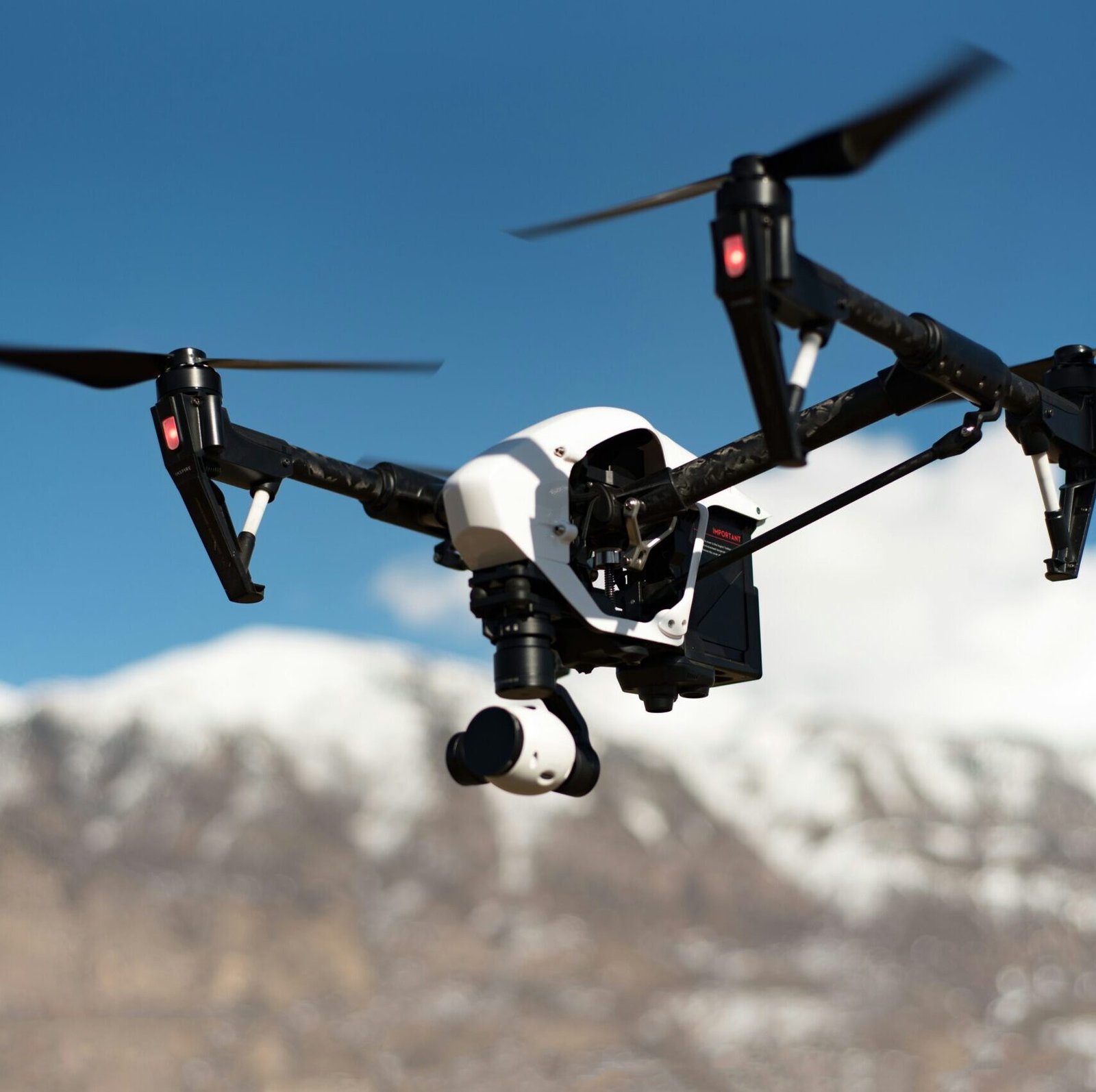

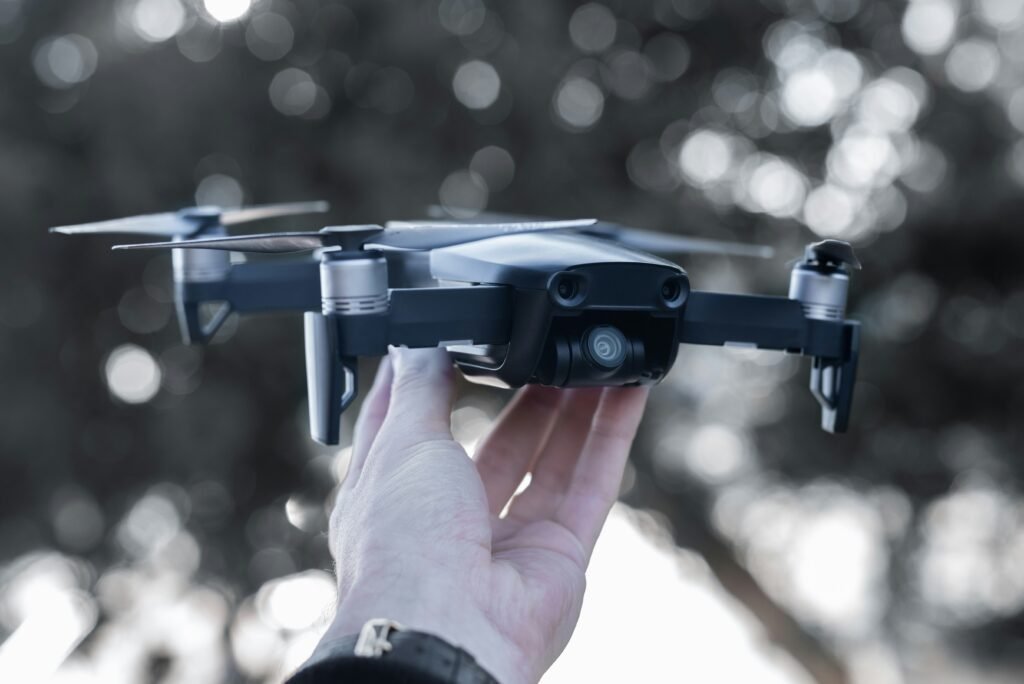
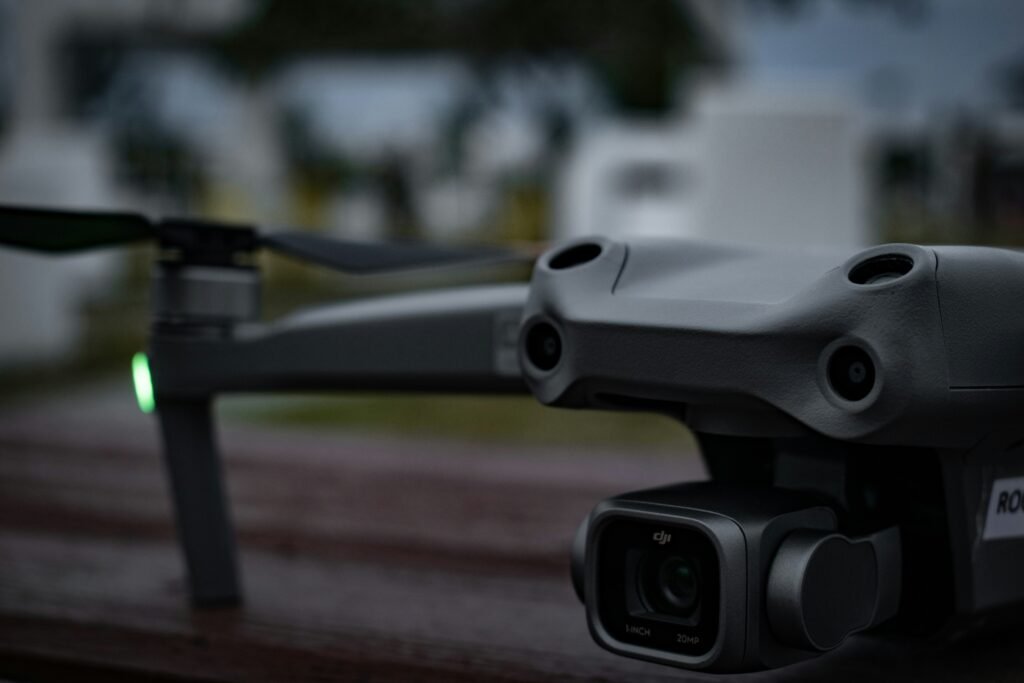
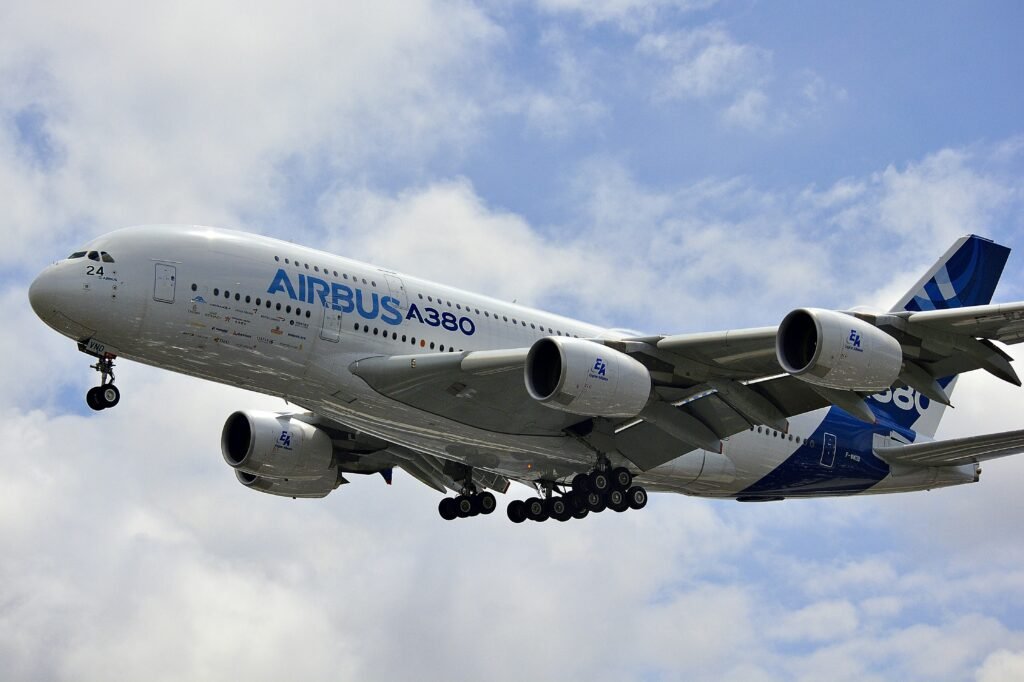
3 thoughts on “Exploring the Cutting-Edge Technology in Airbus Airplanes”